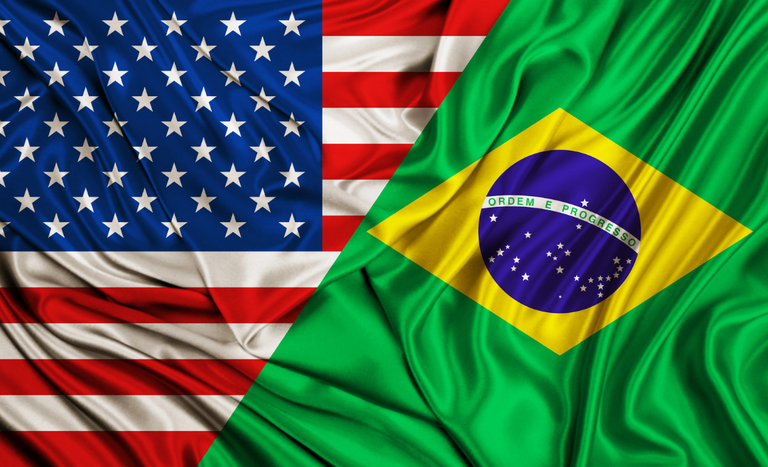Already a subscriber? Make sure to log into your account before viewing this content. You can access your account by hitting the “login” button on the top right corner. Still unable to see the content after signing in? Make sure your card on file is up-to-date.
The United States has imposed visa restrictions on Brazilian Supreme Court justices and judicial officials involved in the prosecution of former President Jair Bolsonaro.
Some shit you should know before you read: Back in 2023, thousands of Bolsonaro supporters stormed Brazil’s Congress, Supreme Court, and presidential palace in Brasília, refusing to accept the results of the 2022 election in which Jair Bolsonaro lost to President Luiz Inácio Lula da Silva. The attack, which occurred just days after Lula’s inauguration, was widely seen as an attempted coup. Investigators say Bolsonaro played a central role in inciting the unrest, citing evidence including leaked meeting transcripts, communications with military officials, and his repeated public claims of voter fraud. They also allege he sought foreign support—particularly from former President Donald Trump—to challenge the legitimacy of Brazil’s judicial system. Bolsonaro denies all charges, arguing that the government and judiciary are persecuting him for political reasons. He claims the case is part of a broader campaign to silence conservative voices, citing his popularity and international allies as proof that the prosecution lacks merit.

What’s going on now: In a notable development, the United States imposed visa restrictions on multiple high-ranking Brazilian judicial officials, including Supreme Federal Court Justice Alexandre de Moraes and his immediate family members. US Secretary of State Marco Rubio announced the sanctions, citing what he described as a “political witch hunt” targeting former President Jair Bolsonaro. “Moraes’s political witch hunt against Jair Bolsonaro created a persecution and censorship complex so sweeping that it not only violates basic rights of Brazilians, but also extends beyond Brazil’s shores to target Americans,” Rubio said in a public statement.
According to reports from the Brazilian newspaper O Globo, a total of eight justices from Brazil’s 11-member Supreme Court were impacted, leaving only Bolsonaro-appointed justices André Mendonça, Nunes Marques, and Luiz Fux unaffected.

The US did not release a full list of names affected by the visa revocations but confirmed the sanctions applied to individuals deemed responsible for what it considers judicial overreach. The move came just hours after Brazil’s Supreme Court imposed strict restrictions on Bolsonaro, including an ankle monitor, a ban on using social media, and prohibitions on contacting foreign officials or political allies. A White House spokesperson, Anna Kelly, defended the visa bans, stating, “The former Brazilian leader and his supporters are under attack from a weaponized court system.”
This comes as Brazilian President Luiz Inácio Lula da Silva condemned the visa sanctions as “arbitrary” and “baseless,” arguing that they “violate the basic principles of respect and sovereignty between nations.” Solicitor General Jorge Messias echoed that sentiment, saying that no “improper maneuver” or “sordid conspiratorial act” would intimidate Brazil’s judiciary from fulfilling its constitutional duties.







